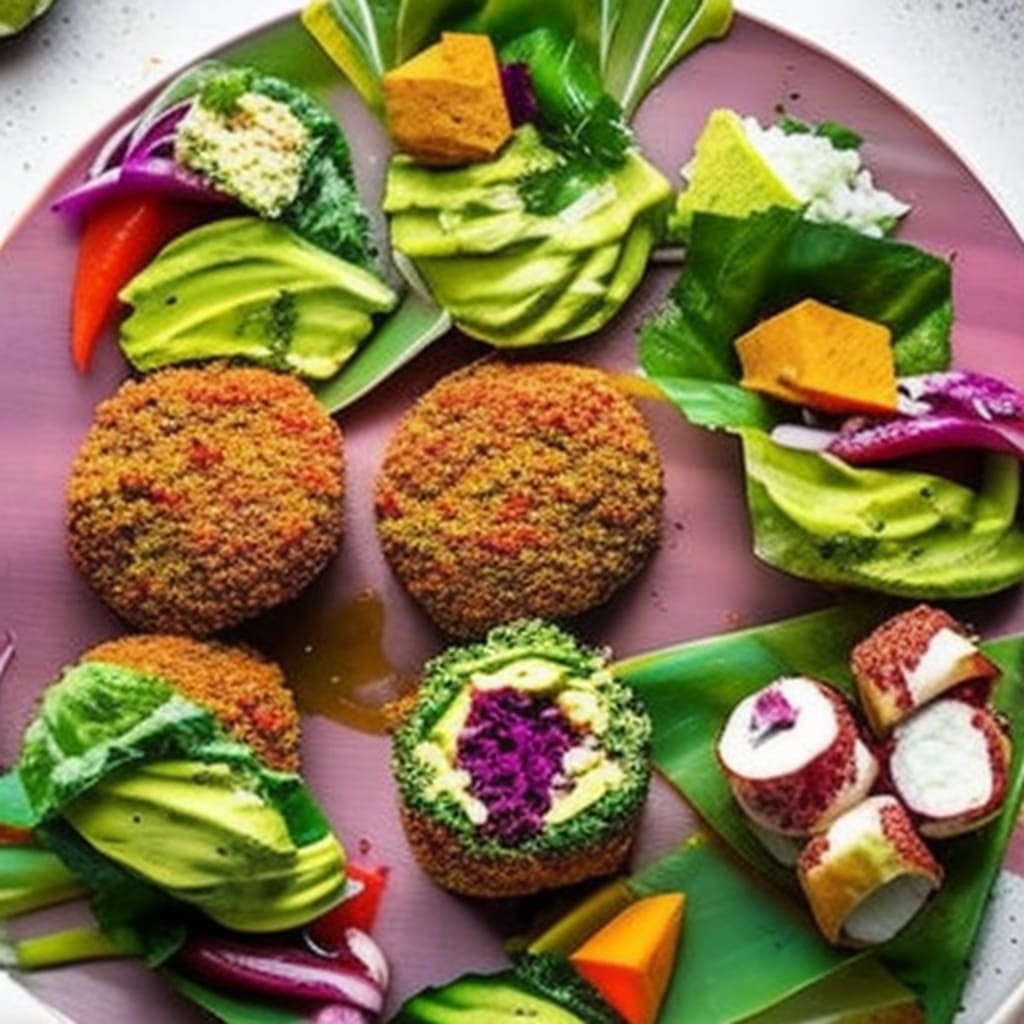
A vegan diet is one that excludes all animal products, including meat, dairy, eggs, and even honey. While the decision to adopt a vegan lifestyle is often based on ethical and environmental concerns, there are also many health benefits to eating a plant-based diet.
If you're interested in trying out a vegan diet, there are some important things to consider to ensure that you're getting all the nutrients your body needs. Here are some tips on how to introduce yourself to a vegan diet.
1. Educate yourself
Before making any dietary changes, it's important to educate yourself on the nutritional needs of your body and what foods can provide those nutrients. Veganism requires careful planning to ensure that you're getting enough protein, iron, calcium, vitamin B12, and other important nutrients that are often found in animal products.
There are plenty of resources available to help you learn more about veganism and plant-based nutrition. You can read books on the topic, watch documentaries, or consult with a registered dietitian who specializes in plant-based diets.
2. Start with small changes
Making a sudden switch to a vegan diet can be overwhelming and difficult to maintain. Instead, start by making small changes to your diet and gradually work your way towards a fully plant-based lifestyle.
For example, you could start by incorporating more plant-based meals into your diet and reducing your intake of animal products. You could also try swapping out your usual milk for a non-dairy alternative like soy, almond, or oat milk.
3. Experiment with new foods
One of the fun parts of transitioning to a vegan diet is discovering new foods and flavors. Experiment with different fruits, vegetables, grains, and legumes to find new favorites.
There are also plenty of vegan alternatives to popular animal-based products, like vegan cheese, mock meats, and plant-based milks. While these products may not be exactly the same as their animal-based counterparts, they can be a good way to transition to a vegan diet without feeling like you're missing out on your favorite foods.
4. Plan your meals
Planning your meals in advance is crucial when following a vegan diet. This ensures that you're getting all the nutrients your body needs and helps you avoid relying on convenience foods that may not be as healthy.
Start by making a meal plan for the week ahead and stocking your pantry and fridge with the necessary ingredients. You can also prep some meals in advance to make your week easier and less stressful.
5. Supplement where necessary
Some nutrients, like vitamin B12, are more difficult to obtain from a vegan diet. While it's possible to get enough B12 from fortified foods like plant-based milks and nutritional yeast, it may be necessary to take a supplement to ensure you're getting enough.
Consult with a healthcare provider or registered dietitian to determine if you need to supplement any other nutrients, like iron or calcium.
6. Seek support
Transitioning to a vegan diet can be challenging, especially if you don't have a support system in place. Consider joining a vegan community or support group to connect with like-minded individuals and get advice and encouragement.
There are also plenty of vegan resources available online, from blogs and social media accounts to recipe websites and forums. These can be great places to find inspiration and connect with others on a similar journey.
7. Be patient with yourself
Remember that transitioning to a vegan diet is a journey, and it's okay to make mistakes along the way. Be patient with yourself and don't beat yourself up if you slip up or make a less-than-ideal food choice.
Instead, focus on the progress you're making and the positive changes you're experiencing in your health, the environment, and the welfare of animals.
Conclusion
Transitioning to a vegan diet can be a positive and rewarding experience, but it requires careful planning and education.






Comments
There are no comments for this story
Be the first to respond and start the conversation.